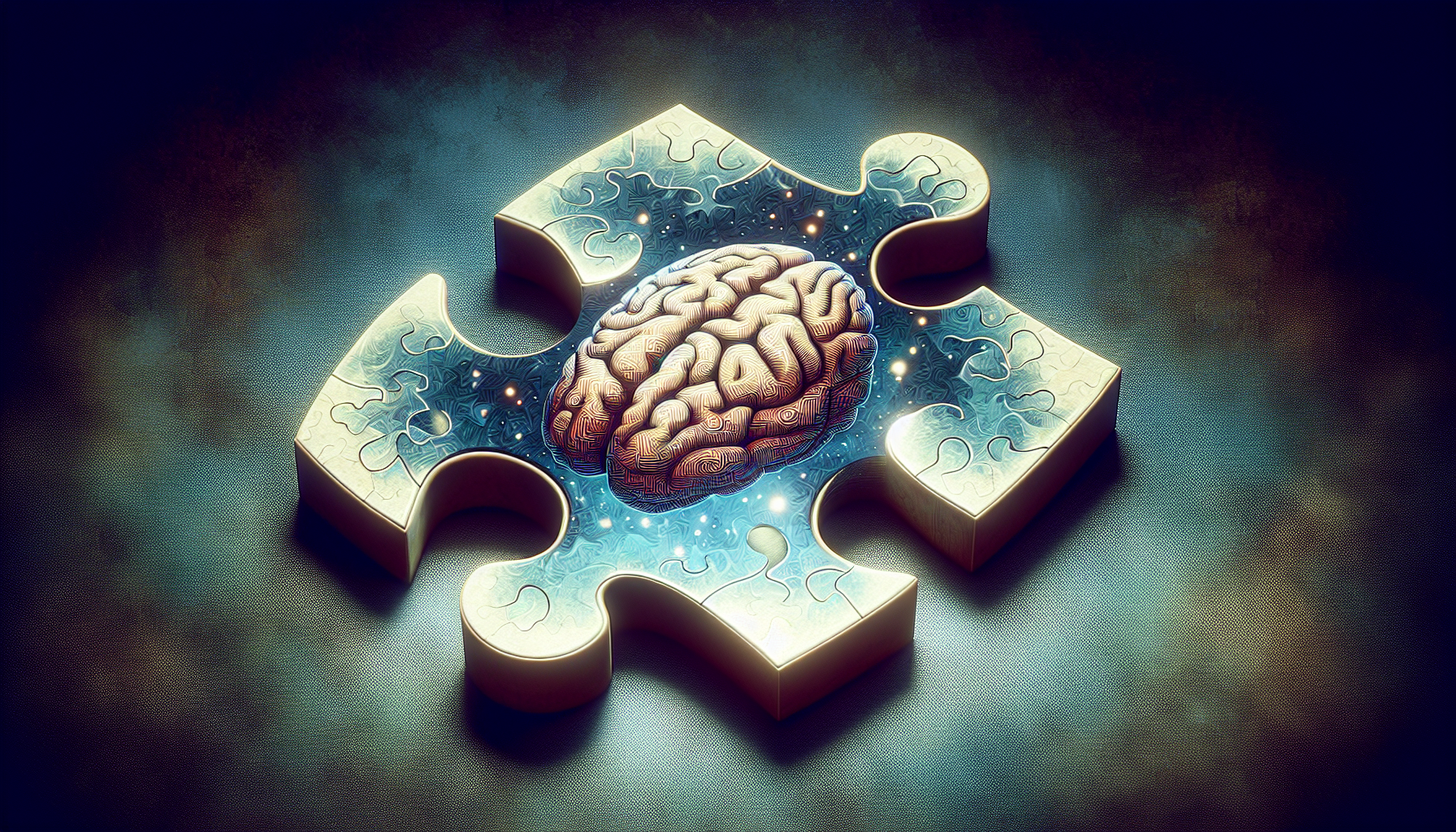Have you ever wondered how to truly support someone dealing with a traumatic brain injury (TBI)? This question often arises when someone you care about experiences this life-changing condition. Understanding how to help them is crucial yet can feel a bit overwhelming. But, don’t worry, you’re not alone in this—many are searching for clear, compassionate guidance. Let’s navigate this journey together and discover ways to provide effective support to loved ones facing a TBI.
Table of Contents
Understanding Traumatic Brain Injury (TBI)
Navigating the world of TBI can sometimes feel like learning a new language. But clarity is key. A traumatic brain injury occurs when an external force impacts the head, causing damage to the brain. Common causes include falls, car accidents, and sports injuries. Each injury varies, with symptoms ranging from mild concussions to severe brain damage. Understanding these basics helps in empathizing with the challenges faced by those affected.
Common Symptoms
Recognizing symptoms helps in providing timely support. TBI symptoms can be physical, cognitive, or emotional in nature. Physically, a person may experience dizziness, headaches, or blurred vision. Cognitive symptoms might include confusion, memory loss, or difficulty concentrating. Emotionally, mood swings, anxiety, or depression might be present. Awareness of these signs is the first step in offering help.
Long-Term Effects
For some, TBI results in long-term changes, which can include difficulty with speech, coordination issues, and personality shifts. These effects not only impact the person directly but also alter their interactions with the world. Understanding these implications helps in preparing for the support they might need, both immediately and in the future.
Providing Emotional Support
Emotional support is the cornerstone of helping someone with TBI. It’s about being there, truly present and empathetic. Your encouragement can offer them stability in a world that suddenly seems unpredictable.
Active Listening
This might involve sitting quietly, letting them express frustrations or fears without interruption. Words like “I understand” or “I’m here for you” can be incredibly reassuring.
Encouragement and Patience
Use encouraging language and remain patient. Celebrate their progress, no matter how small, and remind them that recovery does not have a set pace. Patience is vital; healing is a process that requires time.

Practical Ways to Assist
Providing practical assistance can make daily life easier for someone with TBI. Simple adjustments can create a supportive environment.
Creating a Safe Home Environment
Ensure their living space is safe and accessible. This might mean removing tripping hazards, ensuring good lighting, and having essential items within easy reach. A stable environment can greatly aid in recovery.
Helping with Appointments
Accompany them to medical appointments. Taking notes during consultations can help them remember important information later. This support is invaluable and shows your commitment to their wellbeing.
Assisting with Daily Tasks
Tasks that were once simple might now be challenging. Assist with cooking, cleaning, or organizing. Your help can ease frustrations and allow them to focus on healing.
Encouraging Professional Help
While your support is essential, professional help is crucial for recovery. Encourage them to seek expert advice and treatment.
Importance of Medical Professionals
Doctors can provide diagnosis, treatment plans, and medications that aid recovery. Ensuring they have access to these professionals is a key element of support.
Mental Health Resources
TBI can lead to emotional and psychological challenges. Encourage therapy or counseling, which provides a space for them to process their feelings with trained professionals.
Holistic Therapies
Consider suggesting holistic practices like chiropractic care. For instance, Dr. Craig Henry and Dr. Aaron Hixon at Henry Chiropractic in Pensacola focus on overall wellness, incorporating techniques that may alleviate symptoms and improve quality of life.
Hyperbaric Therapy
One such innovative approach is Hyperbaric Therapy. But what exactly is Hyperbaric Therapy, you ask?
Hyperbaric Therapy involves breathing pure oxygen in a chamber with increased atmospheric pressure. This can enhance healing as the oxygen-rich bloodstream reaches damaged areas, promoting repair and reducing inflammation. It’s worth exploring this therapy as a supplement to traditional treatment options.

Supporting Their Independence
Supporting independence can boost their confidence and enhance recovery. Encourage them to engage in activities they enjoy and offer help as they reclaim their autonomy.
Encouraging Personal Growth
Guide them in setting realistic goals, fostering a sense of achievement and progress. Encourage hobbies or new interests that stimulate their mind and spirit.
Using Technology
Introduce them to apps or devices designed to aid memory or organization. These tools can empower them to manage daily tasks and keep track of important information.
Caring for Yourself
Supporting someone else can be taxing. Remember, your wellbeing is crucial too.
Setting Boundaries
Establish boundaries to ensure you maintain your own health. It’s okay to take breaks and care for yourself.
Seeking Support
Join support groups for caregivers. Sharing your experiences with others in similar situations can provide comfort and new insights.
Frequently Asked Questions
What are the common causes of traumatic brain injury?
Common causes include falls, vehicle accidents, and sports injuries. These incidents often involve a sudden impact or jolt to the head, leading to brain damage.
How can everyday technology assist those with TBI?
Technology like smartphone apps can help manage schedules, medication reminders, and memory exercises. These tools offer practical support and independence.
How long does recovery usually take?
Recovery time varies widely based on the injury’s severity. It could range from weeks to years. Patience and consistent support are key components of recovery.
Why is professional medical advice important?
Experts offer essential guidance and treatment tailored to the individual’s needs. They can provide therapies and interventions that significantly aid recovery.
Can lifestyle changes benefit recovery from TBI?
Yes, adopting a healthy lifestyle, including a balanced diet and regular exercise, can positively impact recovery. Such changes promote overall health and wellbeing.
Sharing in a loved one’s healing journey from TBI is commendable. It’s an expression of love and dedication. Your support matters deeply and can make an incredible difference in their path to recovery. If you’re near Pensacola and seek additional support or treatment options, consider reaching out to Henry Chiropractic at (850) 435-7777 or visit their website for more information.




























